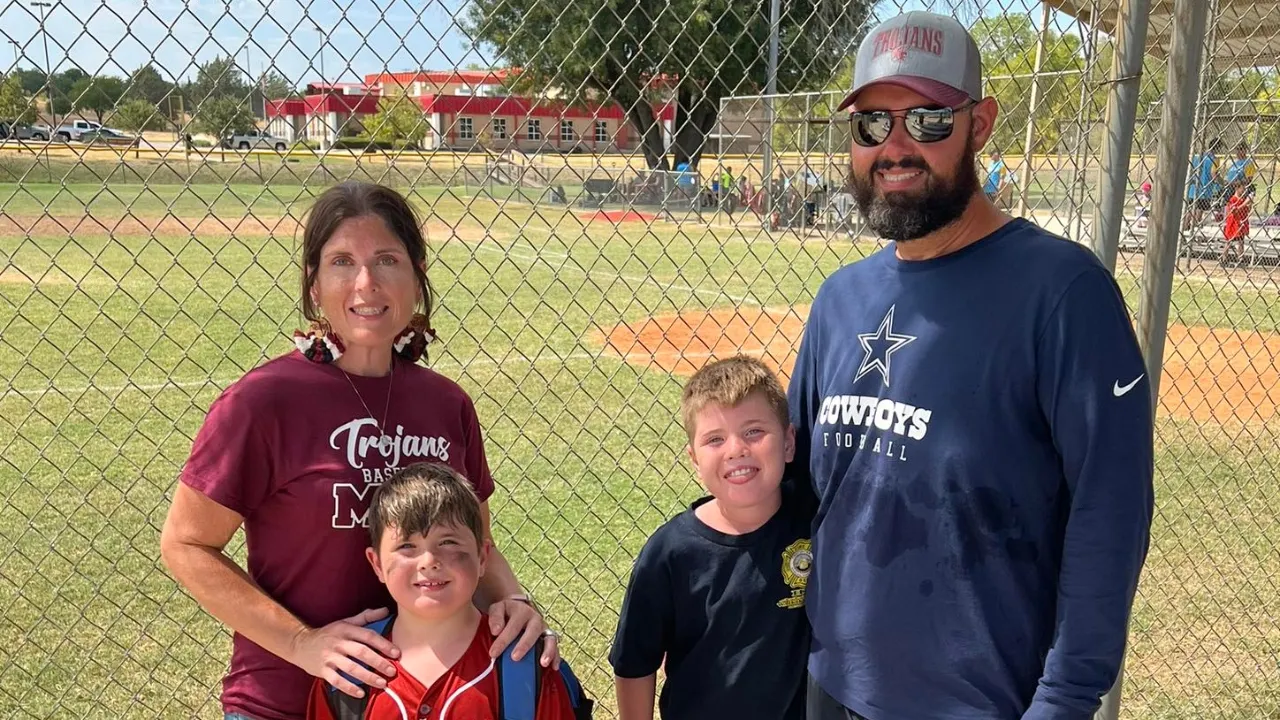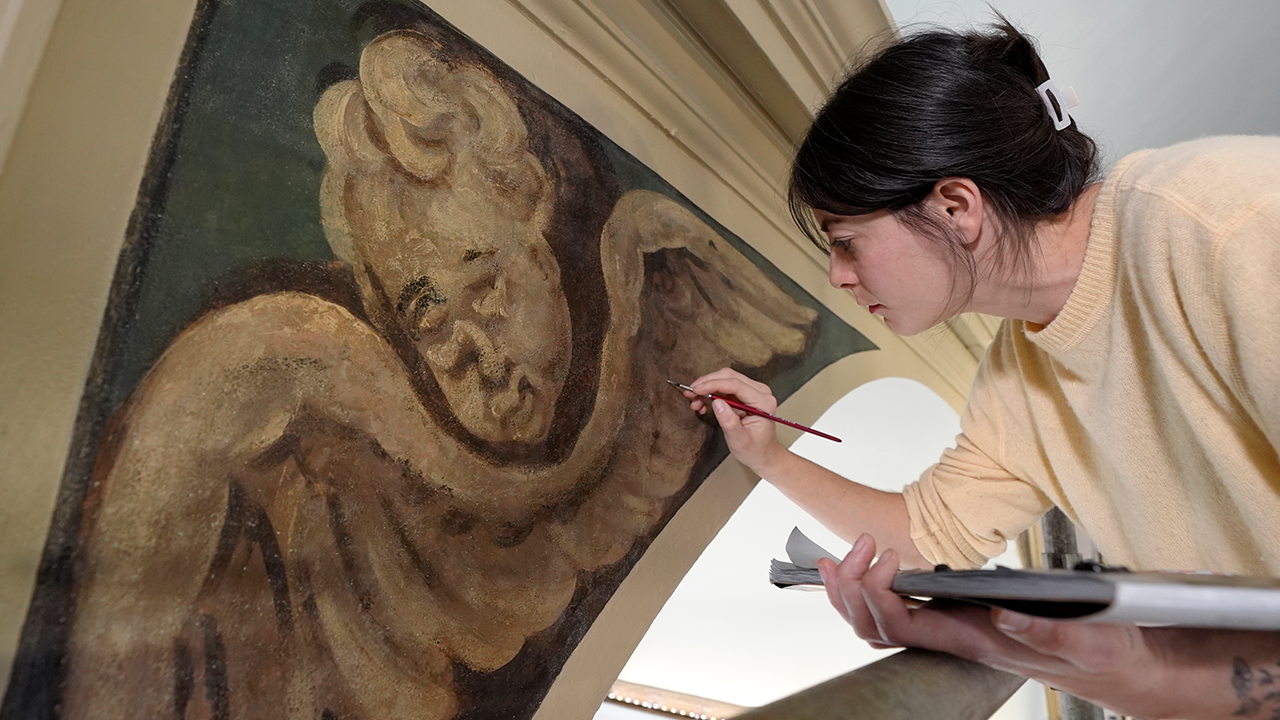Earthquakes are always unnerving. But for some, the aftershocks can go on beyond the actual tremors: People can experience anxiety, sleep problems and other health issues in the hours and days after a quake.
One such effect is a sense of dizziness after an especially large or frightening earthquake. In Japan, this feeling is called jishin-yoi (which roughly translates to “earthquake drunk,” or “earthquake sickness”). It is also sometimes called post-earthquake dizziness syndrome. Others might report experiencing “phantom” earthquakes that might feel like subtle aftershocks, or like the room has started shaking again, but this is in fact purely psychological.
There is very little research into these phenomena, and most of it has been done in the wake of earthquakes far larger than the one that jolted the Northeast on Friday.
In Tokyo, where aftershocks are more common than in other parts of Japan, one team found that some people still experienced balance issues for as long as four months after a big quake.
“We see it with patients who get off cruises too, or get off a boat. They’ll be lightheaded or have a sensation of movement for days or even months,” said Dr. Landon Duyka, an ear, nose and throat surgeon at Northwestern Medicine.
If you are dizzy or feel like the ground is still moving after an earthquake ends, experts recommend treating it as you would other forms of motion sickness. Try looking at a spot far away and focusing on it, Dr. Duyka said, which “can often help what we call the vestibular system — or your balance system — settle down.”
If your dizzy spell doesn’t go away on its own within a few hours, or if it is particularly intense, you may want to look into over-the-counter antihistamines, like Dramamine, Dr. Duyka said.
Some feelings may be caused more by stress. Experts said that it’s normal to feel anxiety, especially if you’ve never experienced an earthquake before.
You can’t control earthquakes, said Susan Albers, a clinical psychologist at the Cleveland Clinic who has worked with patients who have weather-related fears. “That’s where it really taps into people’s anxiety, and particularly if you’re somebody who already has issues with control.”
Dr. Albers said it’s important to avoid “doom-scrolling” after experiencing a stressful event like an earthquake. If you feel compelled to read about it, she recommended focusing on scientific explanations of earthquakes and how they work, rather than the destruction they cause. This is especially helpful for children, Dr. Albers added.
She also recommended sharing your experience with people around you, talking about where you were and what it felt like. Seek out people who project a sense of ease about the event, Dr. Albers said — or, if you are able, become that person for others.
“Being around people who are calm about the situation can be really helpful,” she said. “Calm is contagious.”






